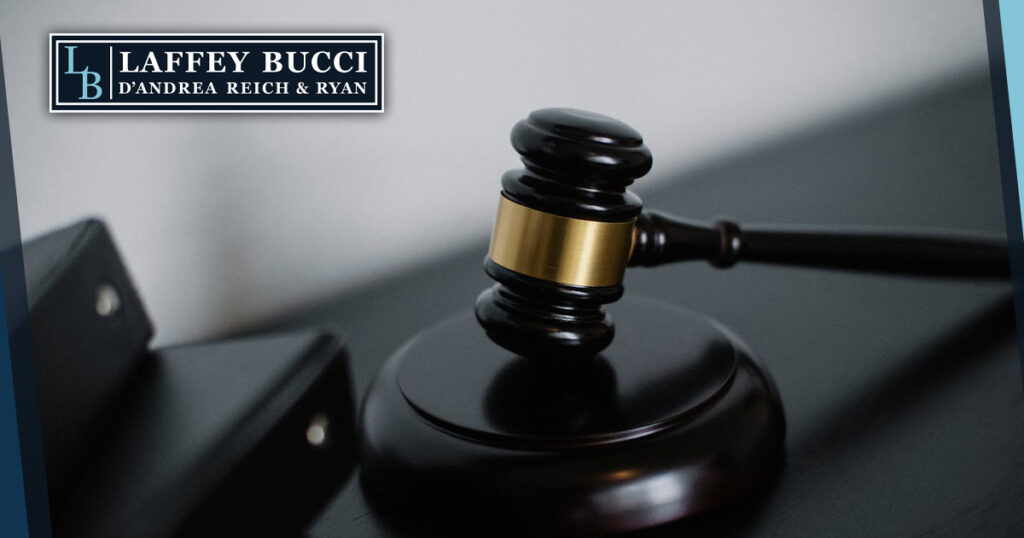October 27, 2016 Legislative Update: This week, HB 1947 died in the House. Members of the House realized that the most critical, contentious part of the bill, the civil window, could not be revived. Another version of HB 1947 is expected to be introduced in the 2016-2017 session.
September 28, 2016 Update: The House is pushing back against the Senate’s version of HB 1947, which struck out the most pr0-victim aspect of the bill. Get the latest on the fate of HB 1947, will victims of child sex abuse get justice?
On the heels of yet another massive child sex abuse cover up, the Pennsylvania Senate has finally voted to approve House Bill 1947. In its original form, HB 1947 was poised to be the most pro-victim law ever to be passed in Pennsylvania. However, the Senate Judiciary Committee gutted the most important aspect of HB 1947, its retroactive clause.
Background of HB 1947 – Why Does HB 1947 Matter?
HB 1947 was introduced earlier this year and moved through the House fairly quickly, unlike other similar bills before it. The reason for this was a 2016 grand jury report involving the Altoona-Johnstown Archdiocese. Released in March, the report found that priests and church employees had sexually abused 100s of children over decades, and even worse, that church officials made attempts to cover up or hide abusers. Sound familiar? That’s because over a decade ago, a grand jury in Philadelphia made practically the same findings against the Philadelphia Archdiocese. As a result of that report, literally dozens of priests were removed from the ministry and/or defrocked.
Because of the recent Altoona-Johnstown priest abuse scandal, the Pennsylvania legislature was poised to act quickly. There was significant public outrage that many of the priests referred to in the grand jury report were beyond the reach of any prosecution, criminal or civil. In other words, abusive, pedophile priests literally could not be brought to justice, not by the Commonwealth via a criminal prosecution, nor by a victim via a civil lawsuit. Everyone was legally out of time, and abusers got off scot-free. We’re talking about child rapists who abused dozens of young children and can never be brought to justice.
HB 1947 – The Civil Window
When it passed the House, HB 1947 contained an important retroactive clause, also known as a civil window. Let’s take a look at the nature of statute of limitations laws in order to understand how civil windows work.
Statute of limitations laws work like deadlines in a contest; once the deadline passes, there’s nothing you can do. You are simply out of time. This is always true for criminal prosecutions because of constitutional protections like the ex post facto clause. The constitution prohibits the government from changing the rules of prosecution, after the fact, by making statute of limitations law amendments retroactive. If a criminal statute of limitations period has passed or expired, that’s it. However, this only applies to criminal prosecutions. There’s the catch. Now let’s discuss civil windows.
A civil window or retroactive clause acts like a deadline extension. They only apply to civil lawsuits and revive cases that were previously out of time due to older statute of limitations laws or deadlines. The ex post facto provisions of the constitution simply don’t apply to the civil justice system.
Civil windows are important because they allow for a remedy where a child abuser or predator is outside the reach of criminal prosecution. In essence, civil windows can provide justice where justice was previously an impossibility.
The Senate Removed the Civil Window from HB 1947
Before passing HB 1947, the Senate Judiciary Committee stripped the bill of the retroactive clause. In a rambling preamble, the Senate attempted to justify its failure to heed calls from constituents and victim advocate groups. Rather than let the judiciary branch make a decision about the constitutionality of the retroactive clause, the Senate decided that the retroactive clause was unconstitutional.
The fate of HB 1947 isn’t sealed just yet. The bill goes back to the House which must agree to the changes. If it does not, the bill goes to a special committee to work out any changes. It’s unclear what will happen at this point. Stay tuned.
Related: PA House Passes Sweeping Statute of Limitations Reform for Child Sex Abuse Victims (April 13, 2016)

